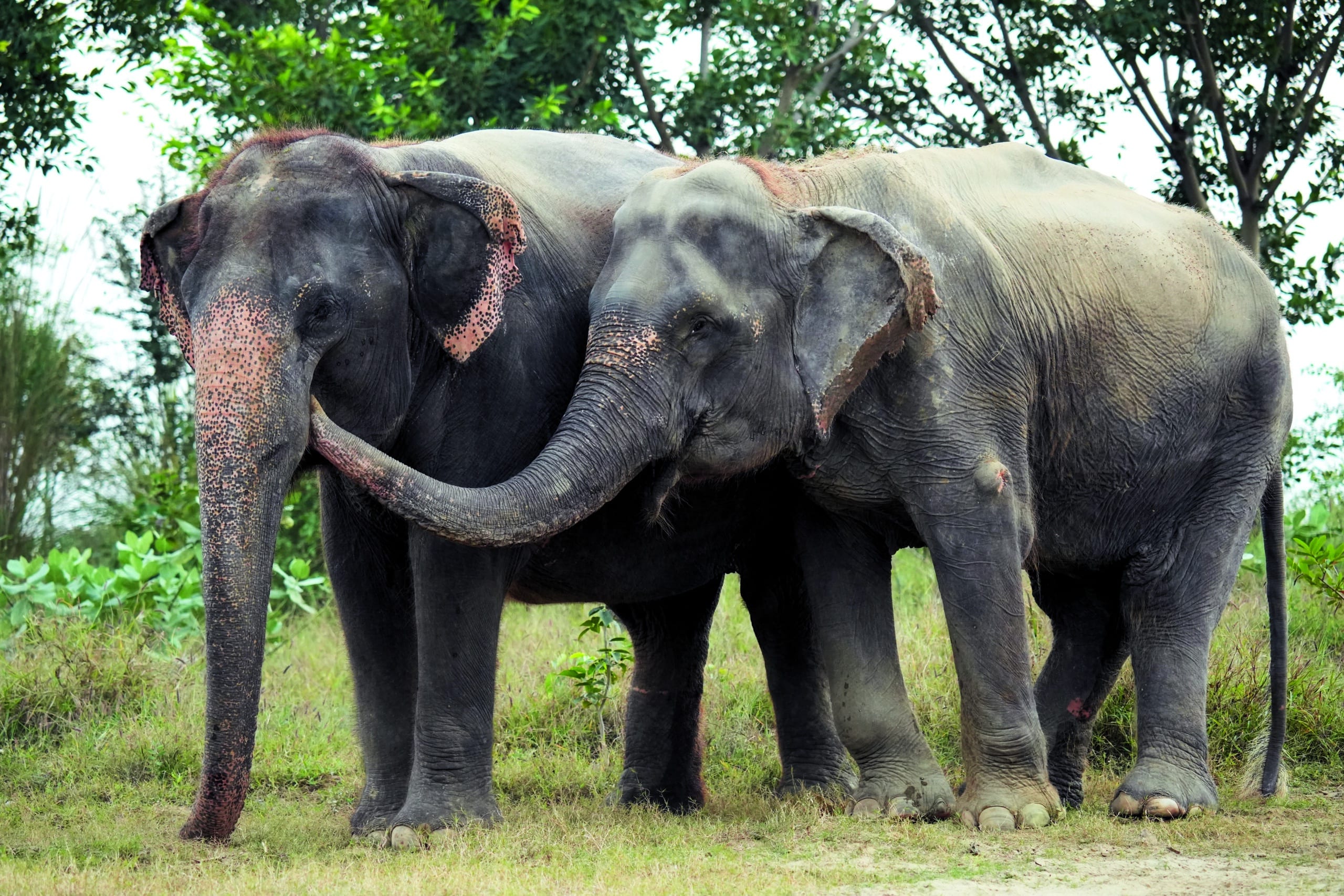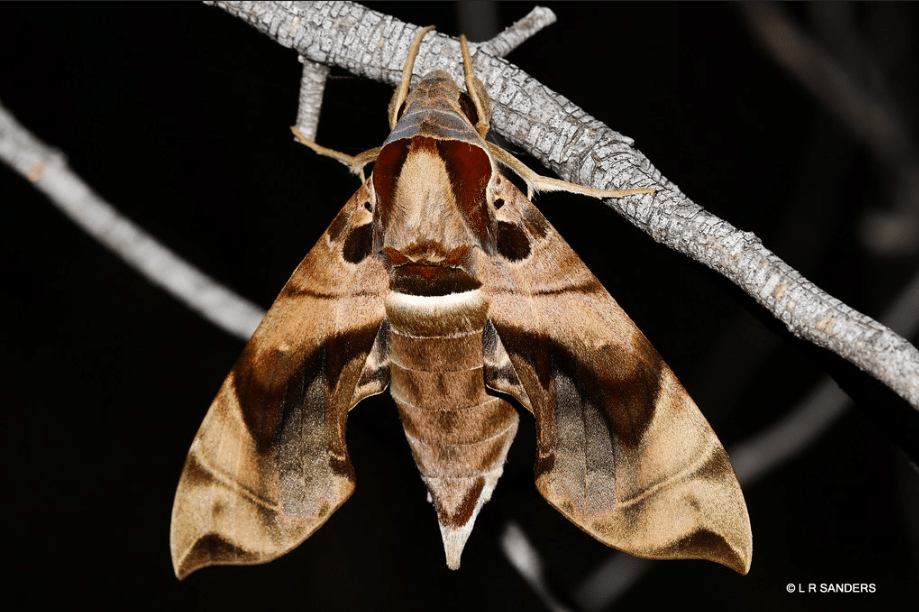You might remember Kalpana—I am happy to report that this year she celebrates her fifth rescue anniversary at Wildlife SOS. Formerly exploited and abused as a ‘begging’ elephant in Uttar Pradesh, Kalpana was rescued in 2019 and brought to the Wildlife SOS Elephant Hospital Campus (EHC) in Mathura for comprehensive...
Once again, we saw heartbreaking visuals from Yulin, China, in the run-up to the annual dog meat “festival” there last Sunday. A video recorded by Humane Society International’s partners on the ground shows rows and rows of dog carcasses lying on tables or being butchered with cleavers, all in defiance of a Chinese Ministry of Agriculture statement last month that dogs are not meant for human consumption.
Also in the video you’ll see puppies, who were on offer for slaughter and sale at a market just outside Yulin, being rescued by Chinese animal activists. The activists, upon seeing the 10 puppies, questioned the stall holder about how the animals had been acquired, and he agreed to let the activists take them. The dogs are now being cared for at our partner shelter.
“I couldn’t believe that anyone would even want to eat these adorable little darlings,” said one of the activists, Jennifer Chen, who can be seen lifting a puppy from the cage in the video. “My hands were trembling…he kept licking my hands, and unbeknown to him I could easily have been a dog meat eater.”
China has made progress in recent months toward ending the dog meat trade, most significantly by confirming earlier this month that dogs are considered pets and not meat. While this is not in itself a ban on the trade, two cities—Shenzhen and Zhuhai—have banned the consumption of dog and cat meat.
Promisingly, in Yulin, too, there appears to have been less activity this year than usual. With the resurgence of the coronavirus in Beijing and continuing travel restrictions throughout the country, dog meat restaurants and markets in Yulin were quieter. Trade overall was also sluggish, as traders told activists, because the government is cracking down on animal transport between provinces. This made it harder for the traders to acquire live dogs from outside the Guangxi province as they did in past years, when large numbers of dogs were transported in trucks, spending days without food and water.
While in past years dog meat was sold at stores around the city, a majority of such sales were consolidated into one central area called Nanchao market on the outskirts of Yulin. The notorious Dongkou market, once the epicenter of dog meat sales and the slaughter of live dogs, had much fewer vendors than it did in past years. Dr Peter Li, HSI’s China policy specialist, believes this could be because authorities may want to keep a closer eye on all the dog meat trade activity by centralizing it.
As our partner group activists found out over three separate trips to Yulin in the last 12 weeks, dog meat consumption among the city’s residents has also dropped. They heard from people like Xiao Shu, a young store owner who lives in Yulin with her three dogs and 10 cats, and, like most young Chinese, would not dream of eating dog meat.
While all this is encouraging, even one dog killed for this trade is one too many. We stand with Chinese animal activists who are urging local authorities in Yulin to embrace the national government’s declaration that dogs are companions not food, by halting the dog meat festival and the year-round dog and cat meat trade there. The world’s eye, once again, is focused on China as this gruesome event unfolds, this time even more closely because of the coronavirus pandemic and its link to crowded markets where animals are slaughtered for food. Most people in China do not eat dog and cat meat, and there is no tolerance left there—or in the rest of the world—for such abject cruelty.
Take action to end the Yulin festival here.
To subscribe to our blog click here.
Kitty Block is President and CEO of the Humane Society of the United States and President of Humane Society International, the international affiliate of the HSUS.
Photo by HSI


